2015 Advocates for Action
Across America, individuals are doing extraordinary things to improve the health and safety of their communities. Whether it is developing groundbreaking programs to break the cycle of drug use and crime, conducting innovative research that expands our understanding of how drugs affect the human body, expanding treatment opportunities, or preventing drug use before it starts, the 2015 ONDCP Advocates for Action are making a difference by reducing drug use and its consequences.
Dover Youth to Youth (Y2Y), New Hampshire
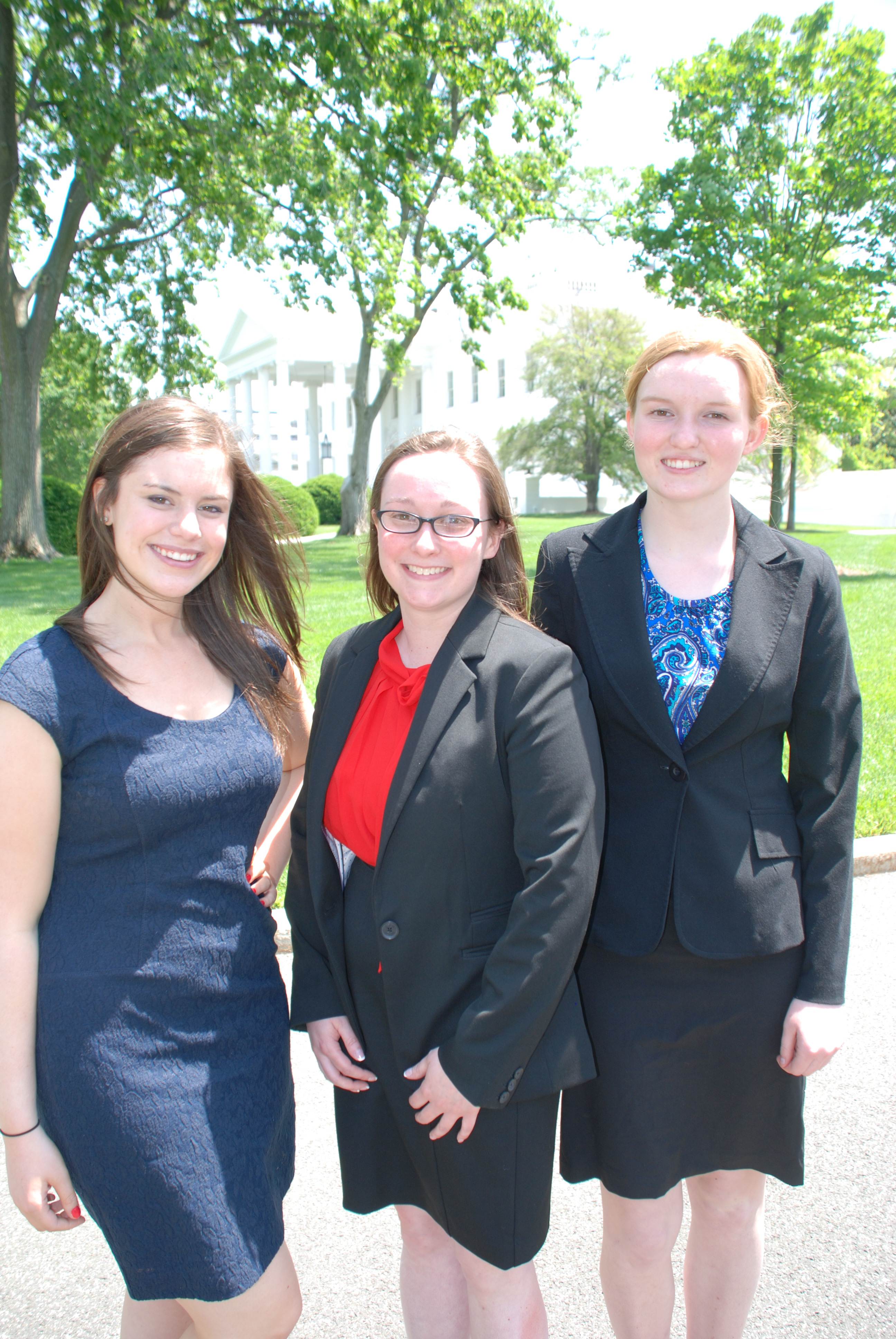
Dover Youth to Youth (Y2Y) is a 70-student youth empowerment program coordinated by the Dover (New Hampshire) Police Department. These students in grades 6-12 meet weekly to develop creative ways to address substance use issues. They have been the most active sector of the Dover Coalition for Youth and have helped the Coalition achieve its goals as part of the Drug-Free Communities Support Program.
In the past year alone, Youth to Youth students have given presentations to more than 2,000 youth and parents in the community about substance use issues, created 10 public service announcements (PSAs) that were broadcast on local radio stations, created two video PSAs that aired on New Hampshire’s ABC affiliate, proposed and testified for a city ordinance banning smoking in a city music venue, spoke before the New Hampshire Senate against the legalization of marijuana, and convinced a gas station near a school zone to remove 15 tobacco advertising signs. These youth advocates also conducted two street demonstrations on alcohol awareness issues, including the multi-faceted “Fridge Campaign” to heighten parental awareness that young kids often access alcohol in the home.
In addition to its positive impact in the local community, Y2Y is known for its work helping other coalitions and youth groups. Regionally, the group has established a network of 7 youth groups in surrounding communities that are following the Dover model and replicating many of these activities. Dover Youth to Youth has developed a youth empowerment Toolkit to allow other youth groups to take advantage of the resources they created. The Toolkit materials are now being used by more than 100 communities across the country. Dover Youth to Youth’s model of youth empowerment and the supporting Toolkit have been added to New Hampshire’s list of evidence-based programs.
Dr. Andrew Finch, Tennessee
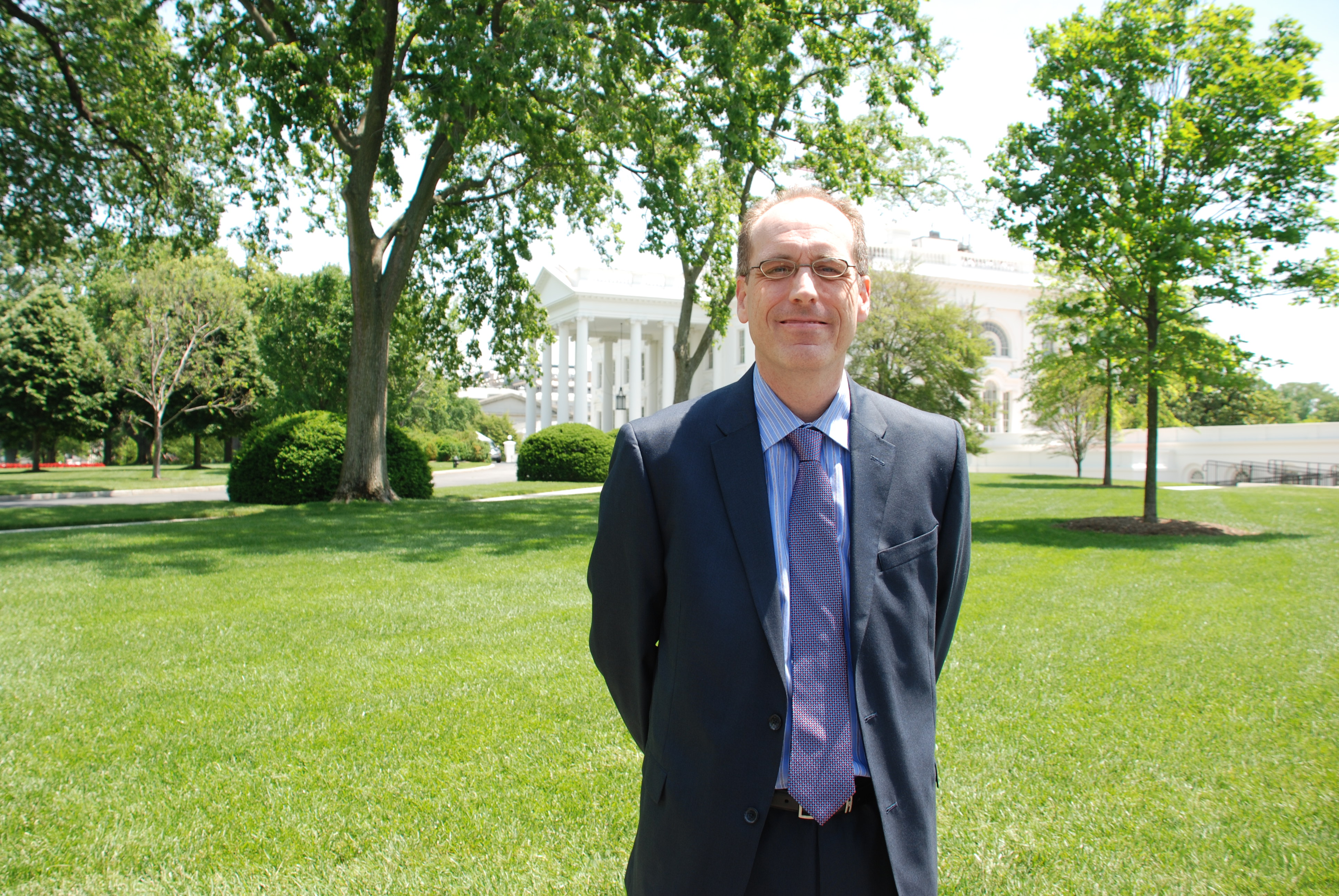 Andy Finch, Ph.D., is a pillar in the recovery school movement. He is a highly dedicated Association of Recovery School (ARS) board member, innovative recovery school researcher, and recovery school advocate. When ARS was getting started 13 years ago, it was Dr. Finch and a few other dynamic leaders who laid the groundwork for the national expansion of recovery high schools and collegiate recovery programs.
Andy Finch, Ph.D., is a pillar in the recovery school movement. He is a highly dedicated Association of Recovery School (ARS) board member, innovative recovery school researcher, and recovery school advocate. When ARS was getting started 13 years ago, it was Dr. Finch and a few other dynamic leaders who laid the groundwork for the national expansion of recovery high schools and collegiate recovery programs.
Dr. Finch helped start a recovery high school in Nashville in 1997, and in 2002 he co-founded the Association of Recovery Schools. Since then, he has worked tirelessly to raise awareness about high school and college student recovery support and best practices. He is also one of a select group of professionals who developed and helped implement an accreditation process for recovery high schools (the first and only of its kind). Thanks in part to his research and subsequent best practices development, recovery schools have stood the test of time and are now helping to alter perceptions of adolescent treatment and recovery support services in the United States.
Nora Gallegos, Mexico
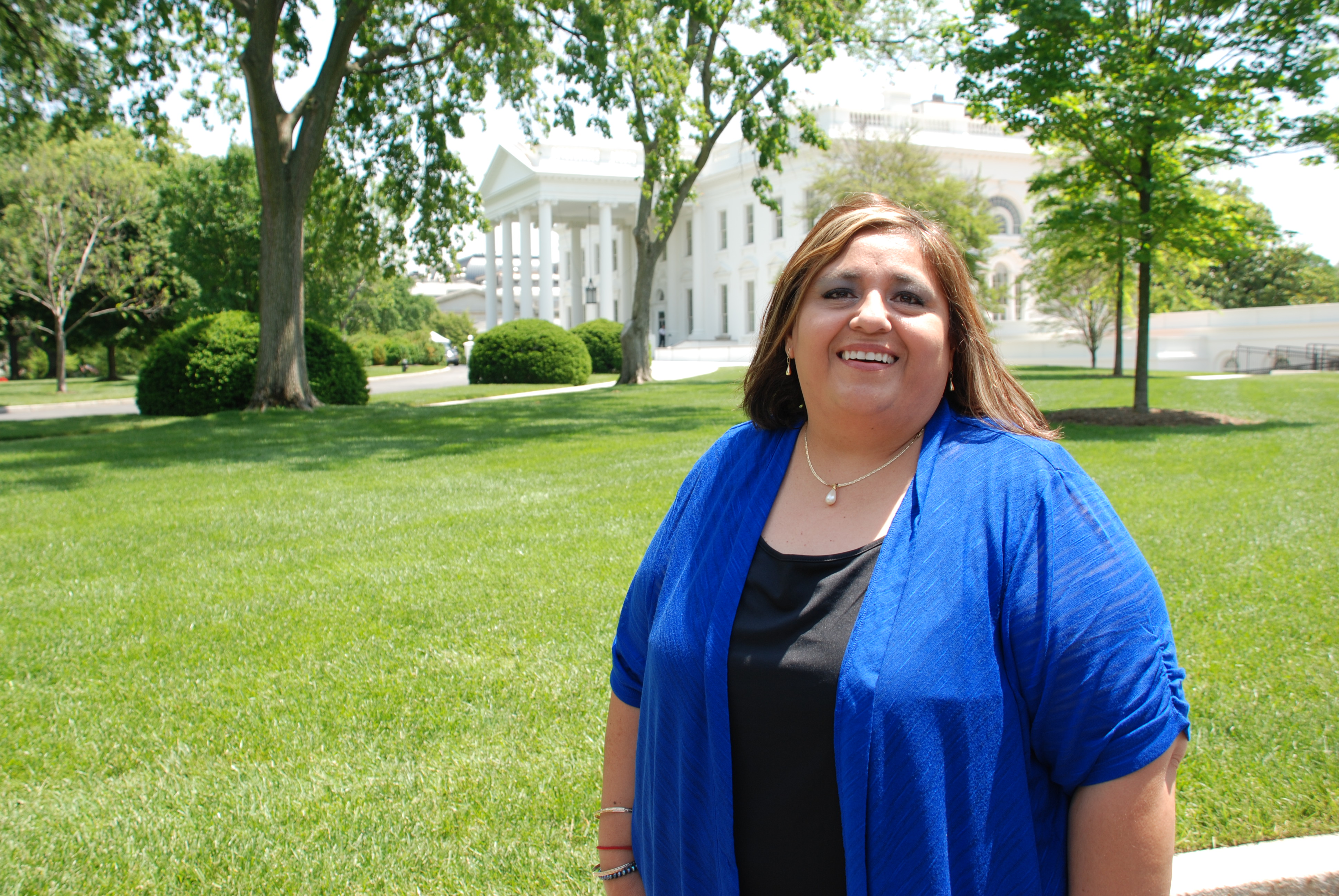 Nora Gallegos is a recognized leader in the fight against addiction. She has worked for more than 25 years with community, public, and international organizations to create awareness in social and political conditions to empower people and ensure safe and drug-free environments for future generations of young people.
Nora Gallegos is a recognized leader in the fight against addiction. She has worked for more than 25 years with community, public, and international organizations to create awareness in social and political conditions to empower people and ensure safe and drug-free environments for future generations of young people.
Ms. Gallegos has been General Coordinator of the Red de Coaliciones Comunitarias (Network of Community Coalitions) Mexico under the umbrella of two organizations: Alliance of Border Collaboratives and Programa Compañeros, A.C. She and her team have worked with Community Anti-Drug Coalitions of America (CADCA) to strengthen capacity-building practices for improving community involvement. Her group also has worked with the Mexican government through the National Commission against Addiction.
The coalitions have made a positive impact in substance use prevention and addressing violence and crime, in some cases taking control of spaces in decay or previously overrun by gangs. The U.S. and Mexican governments have provided resources to the Coalitions Network to develop a second phase and expand its reach into 7 states and 11 cities, for a total of 21 new coalitions. The Network has also developed tools to assess coalition readiness and implementation of their action plans. The results show that member coalitions have held more than 400 activities, some including as many as 1,000 participants.
A tireless worker who is committed to achieving positive results in preventing substance use disorders, Mrs. Gallegos is currently developing a methodology to link anti-drug community coalitions and drug treatment court activities.
Denise Herbert, Michigan
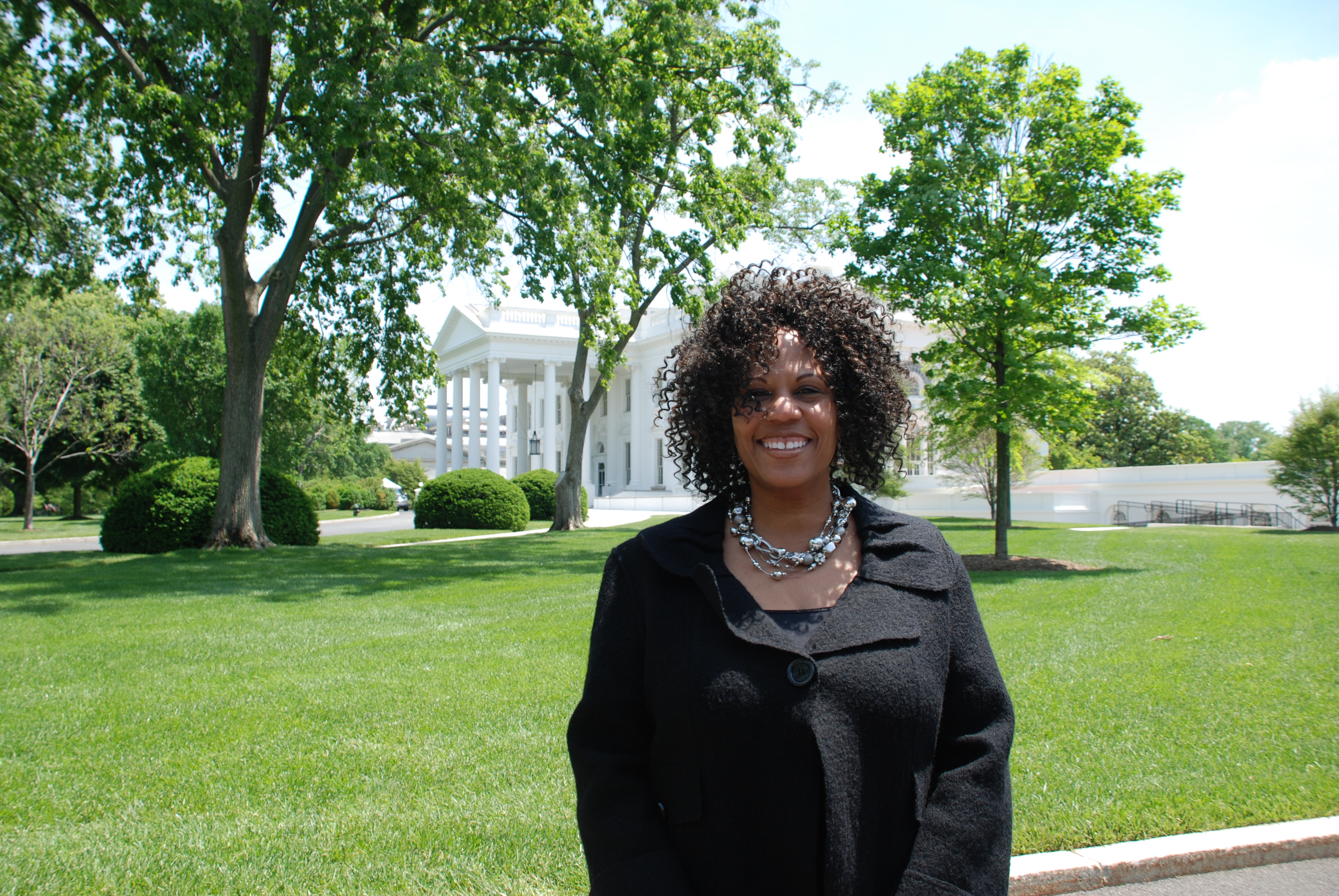 Even before passage of Michigan’s medical marijuana law, Denise Herbert used her position as a Prevention Coordinator to challenge health systems and providers to address increasing marijuana use among young people of color in Kent County. She also sought innovative ways to engage multiple sectors and community organizations, such as Central City Weed & Seed and Our Community’s Children, to enhance evidence-based protective factors and empower youth voices in the effort to reduce drug use.
Even before passage of Michigan’s medical marijuana law, Denise Herbert used her position as a Prevention Coordinator to challenge health systems and providers to address increasing marijuana use among young people of color in Kent County. She also sought innovative ways to engage multiple sectors and community organizations, such as Central City Weed & Seed and Our Community’s Children, to enhance evidence-based protective factors and empower youth voices in the effort to reduce drug use.
Ms. Herbert organized a training campaign with Michigan’s Office of Highway Safety Patrol to educate more than 100 school, law enforcement, and health professionals on the legality of the state’s medical marijuana law and ways to protect community youth and adults. When data from the Michigan Profile for Healthy Youth survey revealed that young people in Kent County were using alcohol as early as age 12, Ms. Herbert began sponsoring demographically representative focus groups to engage local parents and youth in defining and addressing the problem. Her work led to the creation of TalkSooner.org and, in partnership with anti-drug coalitions in Kent, Ottawa, Berrien, Allegan, and Muskegon counties, a social media campaign to equip youth and parents with resources to reduce underage substance use in West Michigan.
Ms. Herbert created the Kent County Prevention Coalition, whose mission is building a healthier community by preventing and reducing substance use in Kent County, with a major focus on youth. She is the co-creator of the ATI-Kent County youth movement which includes the annual Youth Summit.
Most recently, Ms. Herbert joined efforts with Network180’s internal Mental Health First Aid planning team and became a certified Youth MHFA instructor. Her community involvement reflects her life mission to create avenues for youth empowerment, urban renewal, and population-level change. In 2009, she helped create the Faith Community Partners for Change, a multicultural collaborative of area faith communities committed to reducing underage and adult substance use in Kent County using one of the community’s most treasured assets and influences, the church.
Julie Scofield, Washington, D.C.
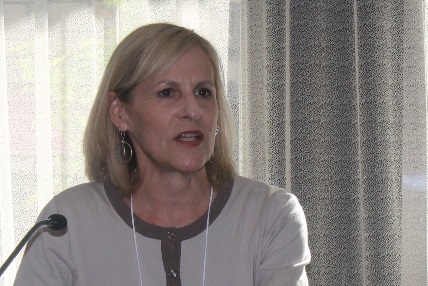 Julie Scofield joined the National Alliance of State and Territorial AIDS Directors (NASTAD) as its first Executive Director in 1993. Under her leadership, NASTAD has grown from a staff of 1 to a highly respected national HIV and hepatitis organization of over 40 staff.
Julie Scofield joined the National Alliance of State and Territorial AIDS Directors (NASTAD) as its first Executive Director in 1993. Under her leadership, NASTAD has grown from a staff of 1 to a highly respected national HIV and hepatitis organization of over 40 staff.
Since the beginning of Ms. Scofield’s tenure, NASTAD has focused on the role of substance use in the transmission of HIV (and later HCV), health outcomes for persons living with HIV and hepatitis who use drugs, and the structural and policy barriers to address the prevention, care, and treatment needs of persons who inject drugs. NASTAD provides technical assistance to state health departments, and it advocates for a science-based public health approach to addressing the needs of people who inject drugs. Throughout the 1990s, NASTAD issued resolutions in support of needle exchange programs and pharmacy sales of sterile syringes to help prevent blood-borne pathogen transmission. Currently, NASTAD focuses on providing technical assistance to health departments on HIV, hepatitis, and overdose prevention in support of its 2011 statement of commitment on promoting injecting drug user health.
Before joining NASTAD, Ms. Scofield served as legislative assistant in the New York Office of Federal Affairs during the Administration of the late Governor Mario M. Cuomo. She represented the state on science and technology and health issues, including HIV/AIDS policy and funding before Congress and the Administration from 1987 to 1993.
Dr. Arthur C Evans, Jr., Pennsylvania
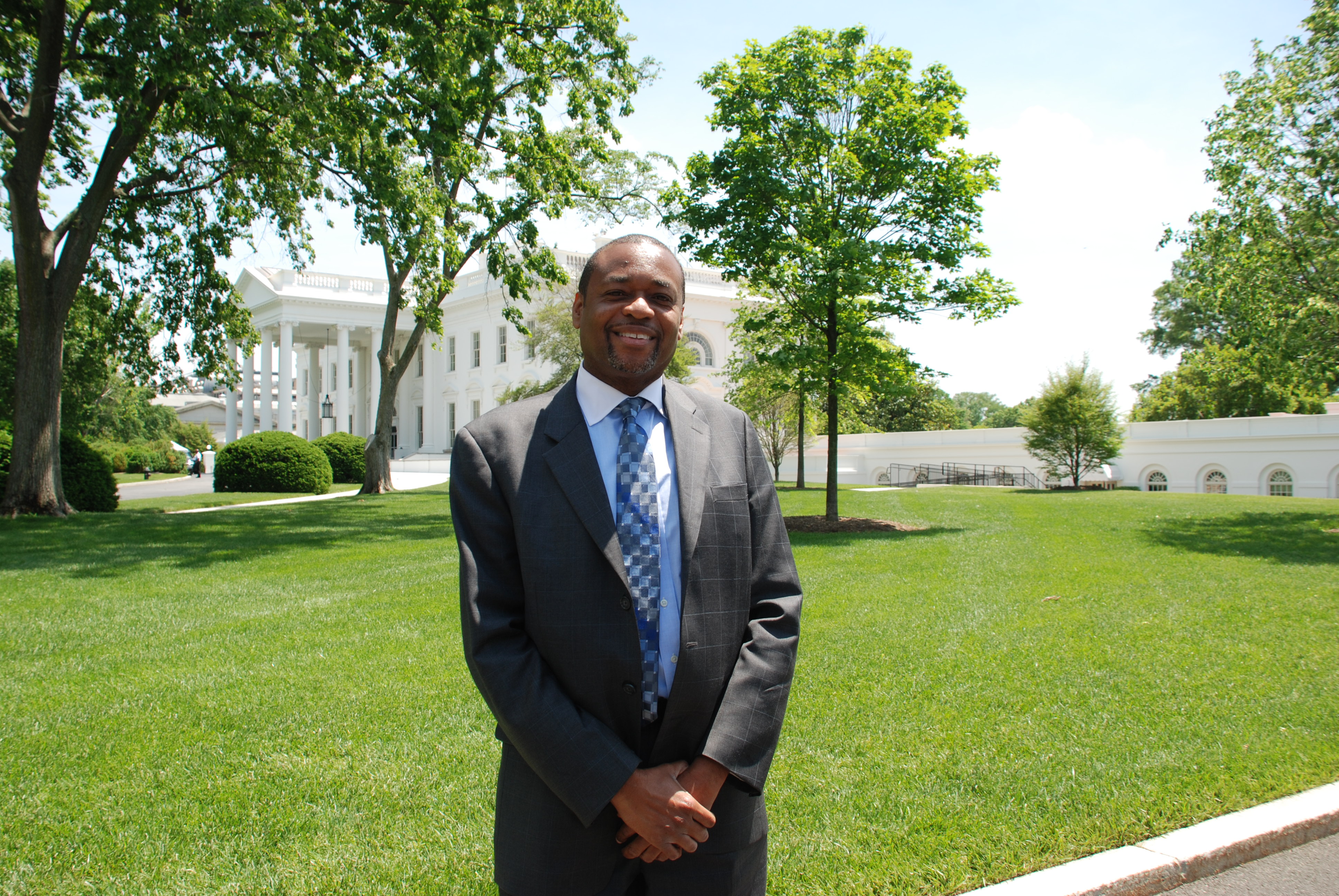 Policymaker, clinical and community psychologist, and health care innovator, Arthur C. Evans Jr., Ph.D., is Commissioner of Philadelphia’s Department of Behavioral Health and Intellectual Disability Service.
Policymaker, clinical and community psychologist, and health care innovator, Arthur C. Evans Jr., Ph.D., is Commissioner of Philadelphia’s Department of Behavioral Health and Intellectual Disability Service.
Dr. Evans has brought a new approach to his agency’s system of serving a wide range of individuals with complex needs. The transformation of the $1 billion Philadelphia system into a recovery-oriented, outcome-focused system of care has helped the city develop effective public health strategies. Meanwhile, Dr. Evans has emphasized data-driven approaches to improve system performance. The transformation of the Philadelphia service system has improved outcomes for people accessing services and resulted in fewer inpatient admissions, visits to crisis centers, and millions of dollars in savings that the city has reinvested in other community-based services. His work as Commissioner continues his lifelong commitment to serving people who are underserved and ensuring that effective, high-quality health care is accessible to all.
Dr. Evans has been recognized nationally for his work in behavioral health care policy and the transformation of service delivery systems. In 2013, he received the American Medical Association’s top government service award in health care, the Dr. Nathan Davis Award for Outstanding Government Service. Dr. Evans was also recognized by Faces and Voices of Recovery and presented with the Lisa Mojer-Torres Award. He has served on the faculty of the Yale University School of Medicine and currently holds a faculty appointment at the University of Pennsylvania School of Medicine.
Denise Mariano, New Jersey
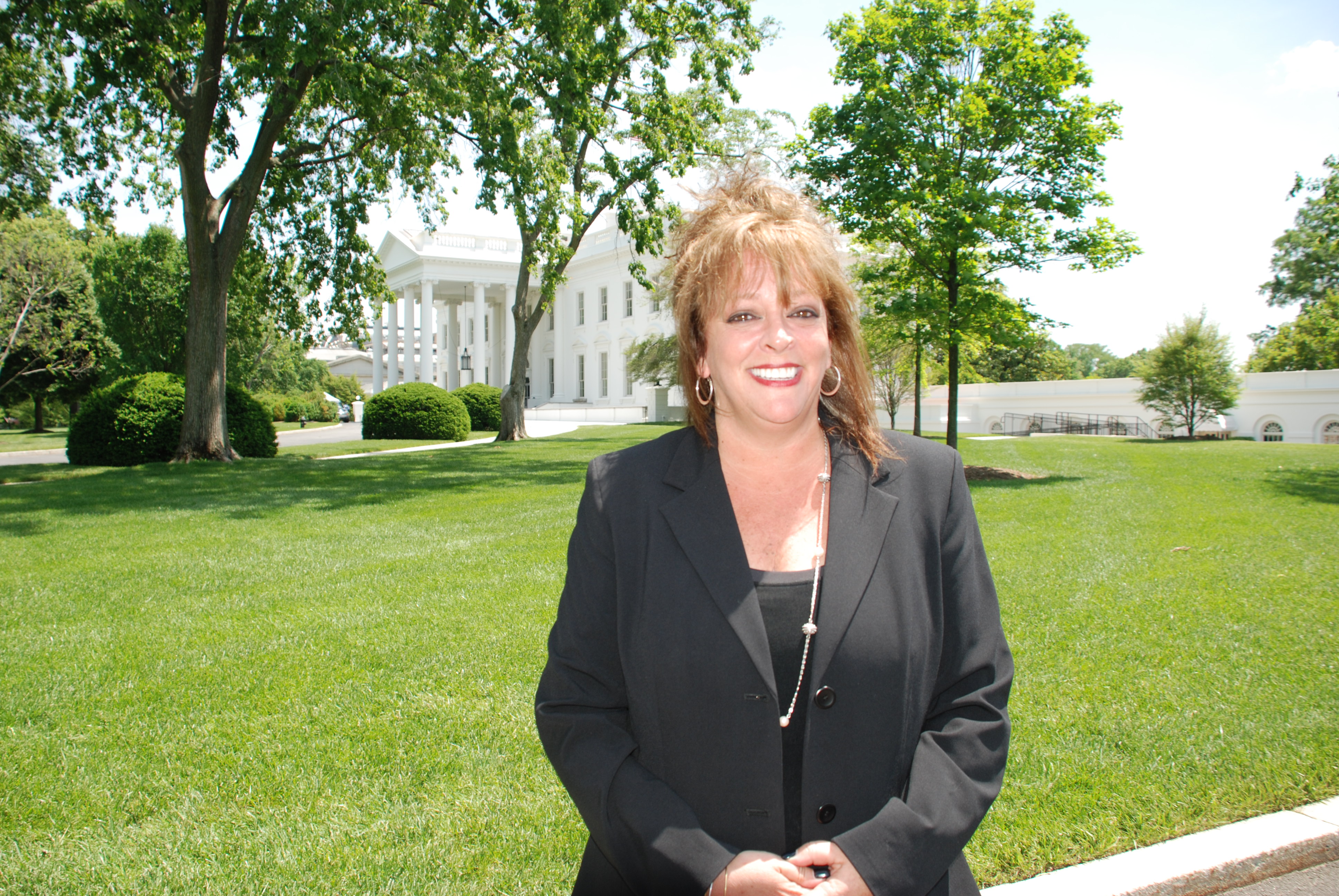 Denise Mariano’s advocacy efforts have spread far and wide, but her goal remains the same: to keep other children from walking the same path of her son, who struggled with a substance use disorder for four years, and to keep other families from having to watch their children walk down that path. Her efforts began with education and prevention in her hometown via The Herren Project’s Project Purple Initiative, which is now embraced county wide. Communities are collaborating, education programs are being restructured, and, most importantly, fewer parents are saying “not my kid.”
Denise Mariano’s advocacy efforts have spread far and wide, but her goal remains the same: to keep other children from walking the same path of her son, who struggled with a substance use disorder for four years, and to keep other families from having to watch their children walk down that path. Her efforts began with education and prevention in her hometown via The Herren Project’s Project Purple Initiative, which is now embraced county wide. Communities are collaborating, education programs are being restructured, and, most importantly, fewer parents are saying “not my kid.”
Ms. Mariano is a member of the Partnership for Drug-Free Kids’ “National Parent Partner” program, which develops evidence-based resources for parents on www.drugfree.org. She is a key part of the Parent Support Network, providing resources and support for families across America who have kids with substance use disorders.
Ms. Mariano was trained as a peer-to-peer parent coach for the Partnership in a program developed to offer support for parents who have “been there” with their own children or are currently struggling with a child’s drug use. She also was selected as a 2013 National Council on Alcoholism and Drug Dependence-NJ Advocacy Leader for her ongoing advocacy efforts in New Jersey.
Together with her regional team, Ms. Mariano is raising the profile on solutions to addiction issues throughout New Jersey. She is an integral member of the Morris County Task Force on Opiates, a collaborative effort of the Morris County Department of Human Services and the County Coalition for a Safe and Healthy Morris, whose mission is to deter the misuse of opioid medications and the use of heroin, reduce the stigma surrounding substance use disorders, enhance access to treatment, and prevent overdose deaths through education, advocacy, and collaboration.
Joanne Peterson, Massachusetts
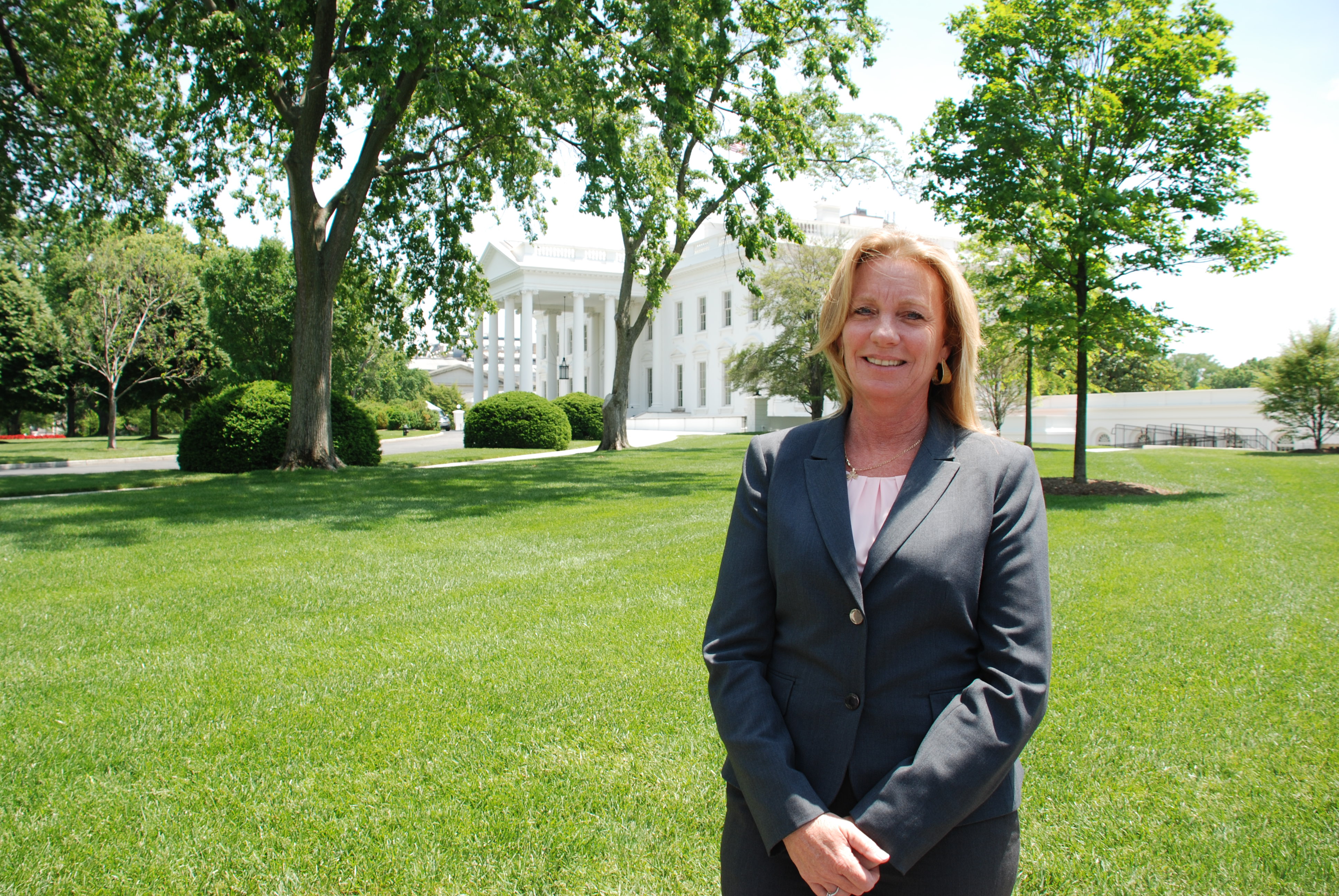 Joanne Peterson is Founder and Executive Director of Learn to Cope (LTC), a non-profit peer-led support network established in 2004. Her journey started as a young girl growing up with siblings who experienced issues with mental illness and addiction. Years later, when she discovered that her own son’s experimentation with prescription drugs had led to an opioid use disorder, she was motivated and empowered to use her voice to bring about change. Ms. Peterson started Learn to Cope as a way to offer families the kind of support, education, resources, and hope that would have benefitted her family. Today, her son is in long-term recovery.
Joanne Peterson is Founder and Executive Director of Learn to Cope (LTC), a non-profit peer-led support network established in 2004. Her journey started as a young girl growing up with siblings who experienced issues with mental illness and addiction. Years later, when she discovered that her own son’s experimentation with prescription drugs had led to an opioid use disorder, she was motivated and empowered to use her voice to bring about change. Ms. Peterson started Learn to Cope as a way to offer families the kind of support, education, resources, and hope that would have benefitted her family. Today, her son is in long-term recovery.
Funded by the Massachusetts Department of Public Health, Learn to Cope staff collaborate with communities across Massachusetts to spread messages of prevention, education, awareness, and advocacy. With nearly 7,000 members on a private online forum and 16 chapters throughout the state, the group offers families unique support from their peers. Through collaboration with the state health department, Learn to Cope became the first parent network in the country to provide the overdose-reversal medication naloxone to family members at all Learn to Cope meetings. Today, 46 of the 160 Learn to Cope facilitators are trained and certified to provide LTC families with overdose education and nasal naloxone kits at each chapter. Through Learn to Cope, families who attend meetings receive training and the lifesaving medication to reverse a loved one’s opioid overdose. Since December 2011, LTC members have successfully reversed 40 opioid overdoses in their homes. With the growth and expansion of Learn to Cope, Ms. Peterson has been called upon by high-level government officials, law enforcement, and educators to assist in their efforts to combat the opioid misuse epidemic.
Harriet Rossetto, California
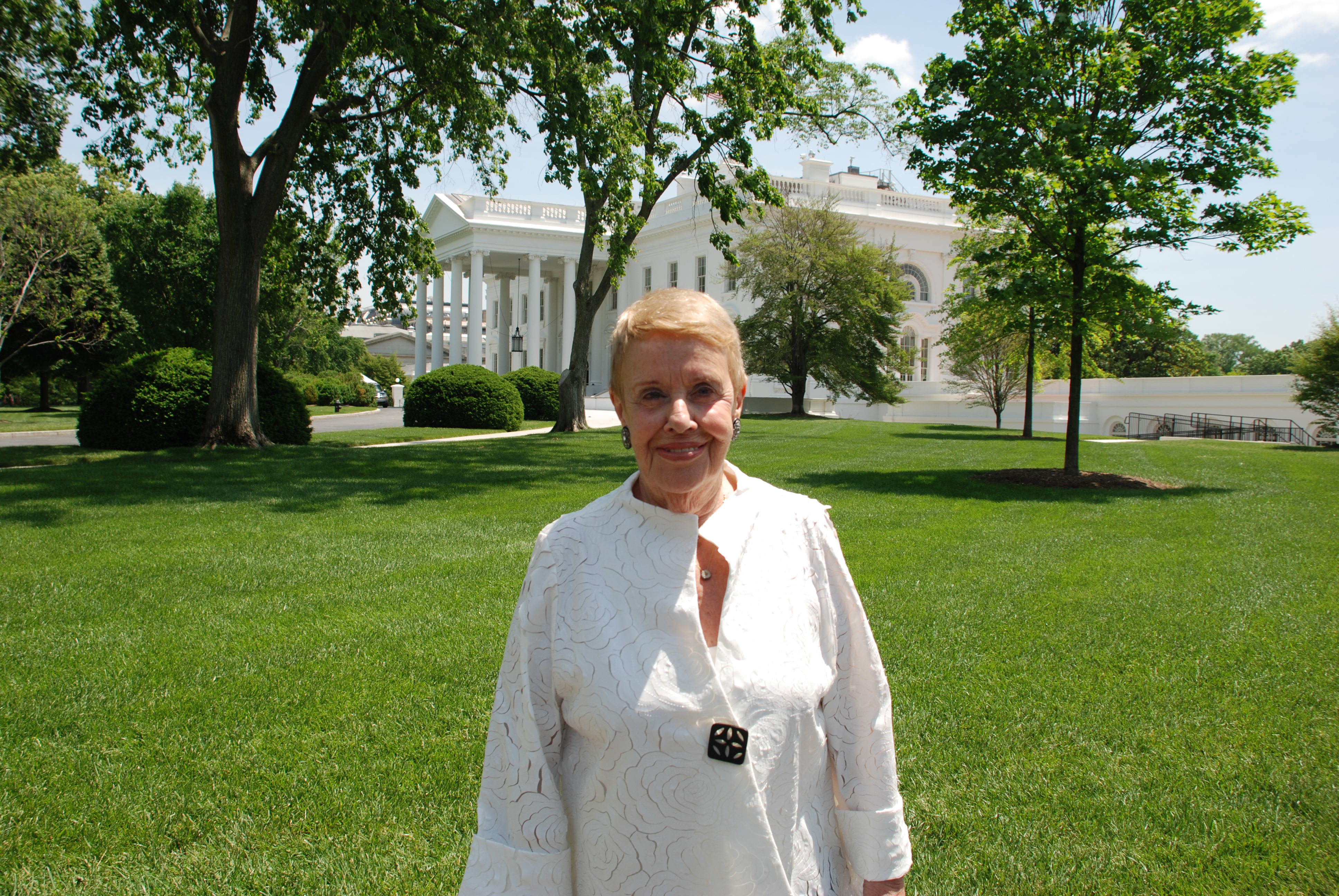 Harriet Rossetto is a rebel spirit. A self-professed misfit, she felt she was living her life on the fringe – and it was there that she found her calling: helping broken souls and changing a broken system.
Harriet Rossetto is a rebel spirit. A self-professed misfit, she felt she was living her life on the fringe – and it was there that she found her calling: helping broken souls and changing a broken system.
Thirty years ago, lost and despairing of finding her purpose in life, she was “called” to a small classified ad in the Los Angeles Times: “… person of Jewish background and culture to work with Jewish criminal offenders … MSW required.” At last, she had found her mission and her life’s meaning. As a “Jewish Jail Lady,” Ms. Rossetto was tasked with helping offenders with substance use disorders re-enter the community, but she quickly became frustrated by the lack of resources and the revolving door of recidivism.
With a one-time grant from the Federal Emergency Management Agency (FEMA), Ms. Rossetto bought an old house in a bad neighborhood and called it Beit T’Shuvah – the house of Return and Redemption. Since then, it has grown from the original half-way house model to a nationally recognized faith-based recovery community serving people with substance use disorders and their families. Today, Beit T’Shuvah houses 140 residents and 100 employees (80 percent of whom are former residents) and continues to provide treatment to people who have limited or no financial resources.
Ms. Rossetto describes herself as addicted to redemption and feels that nothing is as moving as witnessing the transformation of the human spirit. She is married to Mark Borovitz, a former felon and recovering alcoholic, who was ordained as Rabbi Mark in 2000 and “adopted” Beit T’Shuvah. Harriet and Mark were recognized by the White House Office of Community and Faith-Based Initiatives and met with President Bush in 2004.
